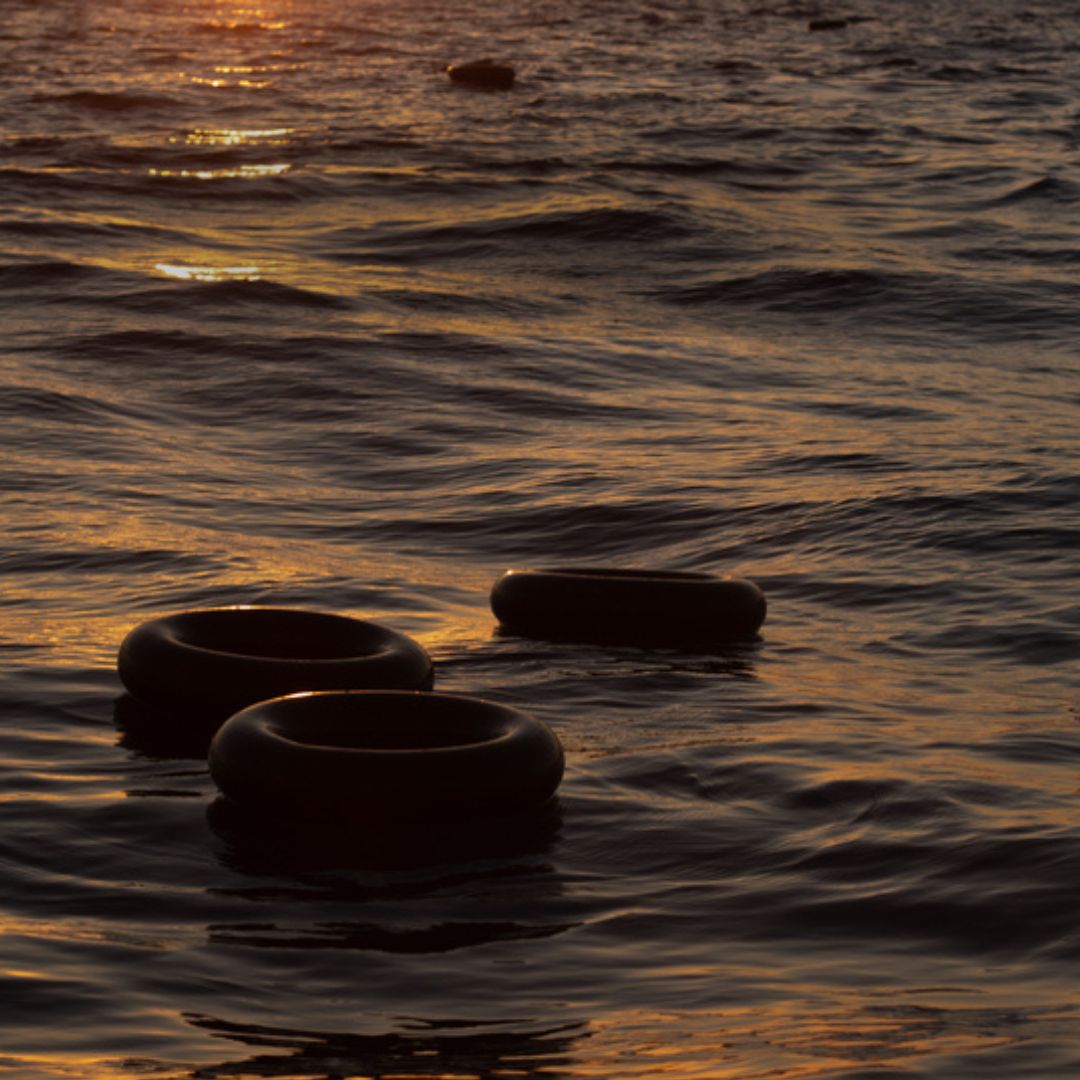10 years after Lampedusa shipwreck
Governments' inaction condemns thousands of people to die at sea every year
Governments' inaction condemns thousands of people to die at sea every year
3 October 2023, Rome – Ten years after the shipwreck off the coast of Lampedusa, ongoing tragedies in the Mediterranean Sea are still not enough to convince the European Union and the Italian government to change harmful migration policies. On the contrary, the shipwreck of Lampedusa that occurred on 3 October 2013, marked the beginning of an ever-increasing death count at sea and a succession of ineffective and inhumane measures at the expense of human lives.
Ten years ago, 368 people drowned off Lampedusa and a few days later another 200 people died, changing forever the history of the Mediterranean Sea. An event that seemed unacceptable to Italian authorities that, shouting aloud "Never again!", launched the search and rescue (SAR) operation Mare Nostrum. It was an action in the right direction but too short, lasting just over one year, and that failed to prevent other tragedies at sea in the following years. Among them, the shipwreck in the Sicilian Channel¹ in April 2015 in which hundreds of people died, the Cutro shipwreck² in February 2023 with over 90 victims, and the Pylos shipwreck³ in June 2023 resulted in over 500 men, women and children dead.

"The tens of thousands of people drowned in the Mediterranean Sea in less than 10 years, including at least 2,356 people this year alone, are a clear demonstration that a European member state-led search and rescue effort is not only necessary, but urgent.
"Since the end of Mare Nostrum, the Italian and European authorities have not adopted a single measure with a specific search and rescue mandate to concretely and effectively limit tragedies at sea," says Marco Bertotto, director of Médecins Sans Frontières (MSF) programmes in Italy. "The tens of thousands of people drowned in the Mediterranean Sea in less than 10 years, including at least 2,356 people this year alone, are a clear demonstration that a European member state-led search and rescue effort is not only necessary, but urgent. It will be necessary until more courageous policies are put in place, that not only guarantee safe channels of access to Europe, but also truly dismantle illegal and deadly routes encouraged by traffickers."
In addition to the lack of a European coordination system for search and rescue activities, Italy's new law on the management of migratory flows (15/2023) has contributed to hampering the work of humanitarian organisations active in the Mediterranean, which are turned away from search and rescue zones. This happens even though the Italian maritime authorities – overwhelmed by the large number of arrivals – continue to ask humanitarian organisations for support to save lives at sea.
"Migration policies and measures should be in line with EU and international law on search and rescue at sea. Anyone whose life is in danger at sea must be rescued and considered a person first, rather than ‘a migrant'," says Juan Matias Gil, MSF head of mission for search and rescue operations. "How many drowned at sea must we continue to count? How many negotiations, promises, proclamations, and immoral and inhumane agreements with countries that do not respect the minimum standards in
human rights, will we still have to witness before migration policies are addressed with maturity, reasonableness and above all humanity?"
Ten years after the Lampedusa shipwreck, MSF calls once again on the EU to immediately guarantee safe and legal channels to Europe, and to reinforce a proactive and dedicated EU member state-led search and rescue operation.
[1] https://www.reuters.com/article/us-europe-migrants-italy-shipwreck-idUSKCN0ZU21A
[3] https://www.bbc.com/news/world-europe-65925558
.jpg)